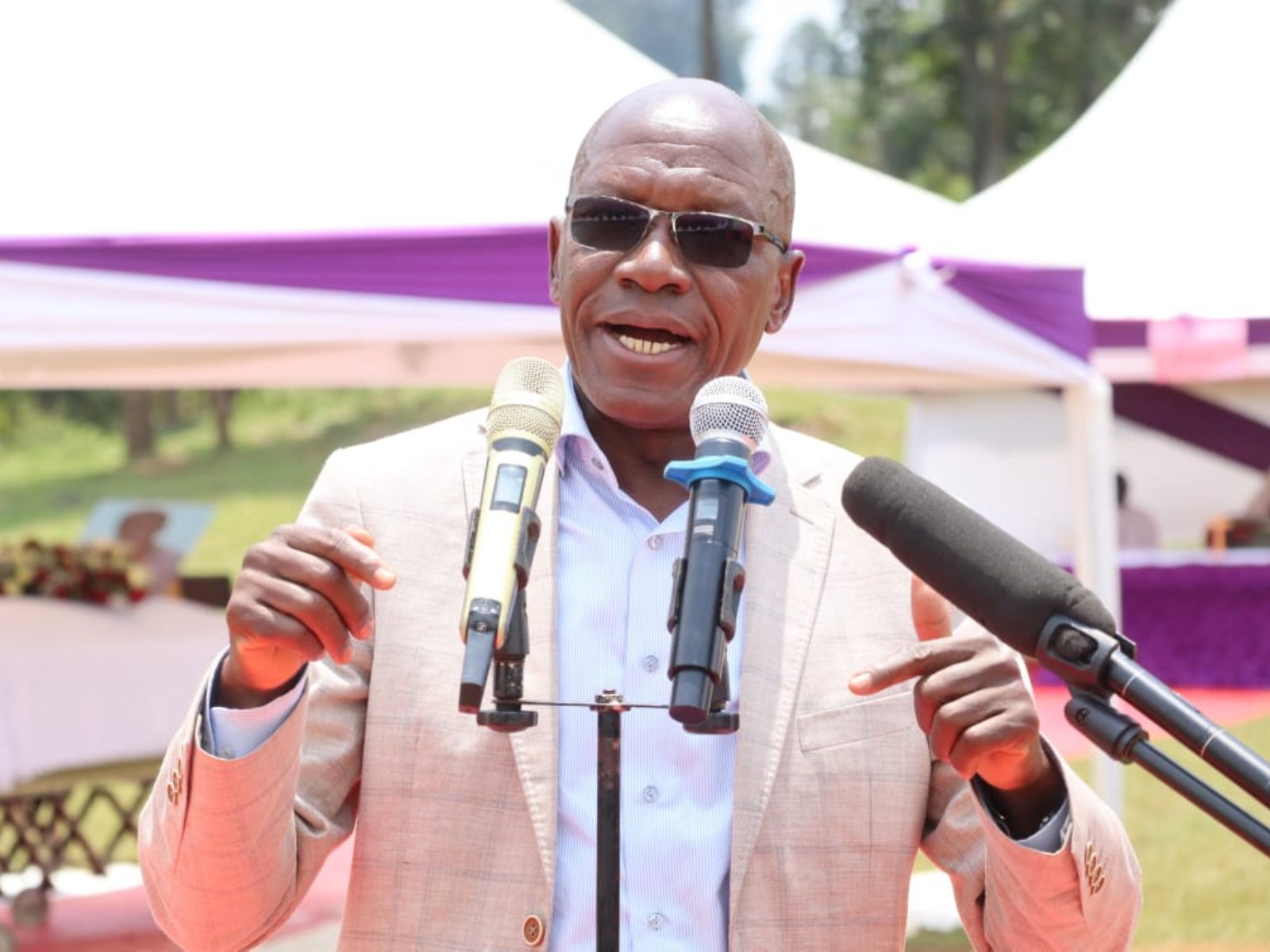Education stakeholders rally calls to empower TVET trainers

Stakeholders across the technical and vocational education and training (TVET) value chain have been urged to collaborate and invest in recruiting, supporting and empowering TVET trainers as the world marks World Teachers Day today, whose aim is to showcase the essential role teachers and trainers play in the education sector.
The Kenya Economic Survey shows that TVET institutions increased by 26.6 per cent in 2018 and 10.3 per cent last year owing to various reforms in the TVET sector driven by the government in recognition of the important role that the sector plays in supplying skilled human resource for the nation.
Themed, Teachers: Leading in crisis, reimagining the future, this year’s World Teachers Day 2020, players in the sector such as the German government through the Federal Ministry for Economic Cooperation and Development (BMZ) in partnership with the Kenyan Government to promote Youth Employment and Vocational Training, seeks to use this day in promoting the quality of TVET training across the country.
Through the programme, to be implemented by the Deutsche Gesellschaft für Internationale Zusammenarbeit (GIZ) GmbH and KfW (German Development Bank) will work together with the Ministry of Education to bolster chances of trainers landing immediate jobs at the market.
Also on the pipeline are plans to support in improving teacher training programmes delivered through the Kenya Technical Trainers College (KTTC) to act as a training centre for technical institutions.
“COVID-19 has taught us that the future of training and skills development will be more digital than it was in the past. We will work closely with KTTC to focus on technical skills, didactical skills and in future, digital skills”, says Bernd Lakemeier, Head of Cluster – Sustainable Economic Development and Youth Employment, GIZ.
The shift to virtual learning has required capacity for innovation and creativity to keep trainees engaged and learning, which has never been attempted before.
“Recently, together with the Ministry of Education, we launched business plans for three technical training institutions. We worked very closely to develop curricula for different trades through a very interesting process because due to COVID-19 we were not able to work together in one room,” said Lakemeier.
Considering the high numbers of those who are exiting the education system at various levels and where in most cases results in wastage, stakeholders now say concerted efforts will be needed to ensure children remain relevant and productive at all levels regardless of their status in general education.














